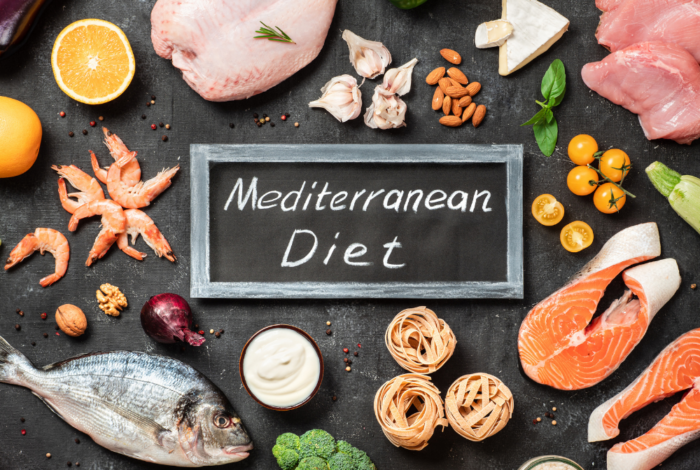The Mediterranean diet has emerged as a valuable ally in protecting the health of the elderly, offering a natural shield against conditions related to ageing, such as cardiovascular diseases, neurodegenerative diseases, and decreased muscle mass and bone density. Given that the percentage of elderly in the population will increase significantly over the coming decades, the promotion of healthy dietary models, and particularly the Mediterranean diet, can play a decisive role in maintaining and ensuring a better quality of life for this age group.
Every age has different dietary requirements. The third age, which begins after the age of 65, needs a particularly selective diet that can function as “medicine”. This is due to the natural process of ageing and is accompanied by important physiological, psychological and social changes. The Mediterranean diet seems to offer the golden model for preventing chronic diseases, and this may be due to the balanced combination of many different healthy foods with antioxidant and anti-inflammatory properties that far exceed the benefits of any single food or nutrient. The overall diet is more important than the sum of its components.
A stronger adherence to the Mediterranean diet model is associated with a lower risk of developing cardiovascular diseases, including coronary heart disease, stroke and heart failure. This decrease may be due to the improvement of multiple cardiometabolic risk factors, such as a drop in blood cholesterol, decreased blood pressure and better regulation of blood glucose levels.
The Mediterranean diet has also been associated with a decreased risk of developing Alzheimer’s and other types of dementia. Specifically, it is rich in antioxidants, omega-3 fatty acids and polyphenols, substances which have been identified for their protective effects on the brain. This diet seems to protect against inflammation and oxidative stress which are associated with the progress of neurodegenerative diseases like Alzheimer’s. Studies have shown that it helps to maintain cognitive function and to slow cognitive decline.
Additionally, it appears that the Mediterranean diet plays an important role in maintaining muscle mass and preventing sarcopenia, a condition marked by loss of muscle strength and mass that comes with age. At the same time, following this dietary model has been associated with higher bone density, while it can also help to prevent bone diseases, such as osteoporosis.
In summary, the Mediterranean diet is one of the most effective dietary strategies for promoting good health in the elderly. It offers a multitude of benefits: from protecting the heart and brain to retaining muscle mass and bone health. By adopting it, the elderly can fortify their health and enjoy a better quality of life.










